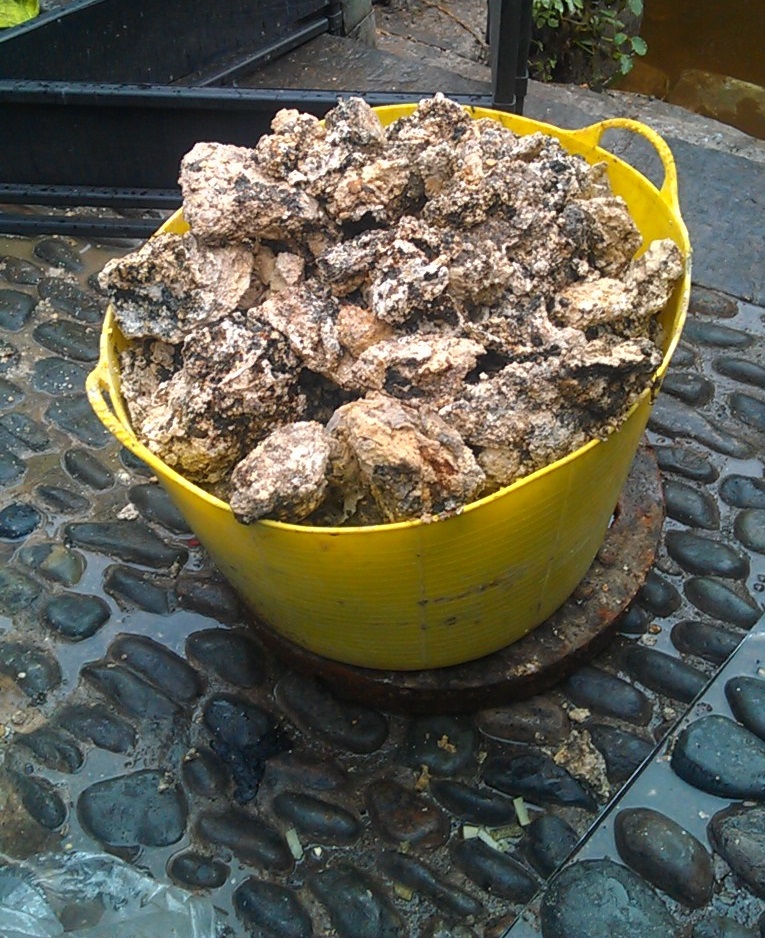Windermere’s sewers are going on a fat-free diet
Cafes, takeaways and restaurants in Bowness and Windermere are being urged to put the area’s sewers on a health kick by starving them of fatty waste.
United Utilities is contacting food outlets to provide recommendations, deliver training, offer advice on equipment, and provide guidance on how to dispose of fats, oils and grease correctly and remain compliant with waste disposal regulations.
While there is no shortage of rain in the Lake District, heavy deluges are not always to blame when water doesn’t drain properly.
That’s because when fats, oils, and grease - known as FOG – escape down drains, they cool and solidify to cause blockages. This leaves limited capacity for flows to pass through the drainage network, often resulting in flooding and a smelly, messy and expensive clean-up job for both private businesses and the community.
The project is now underway and will see many cafes, restaurants and takeaways in Bowness and Windermere being contacted and visited by fat-busting expert Nick Inman.
 Drainage Performance Manager, Nicholas Walls from United Utilities, explained: “The incorrect disposal of fats, oils and grease down drains is a key cause of blockages.
Drainage Performance Manager, Nicholas Walls from United Utilities, explained: “The incorrect disposal of fats, oils and grease down drains is a key cause of blockages.
“Once FOGs enter the drain, there is no way of controlling what will happen next – they could cool and solidify within the pipes in the premises, causing a nasty, expensive mess, or they can get as far as the sewers where they can affect the entire community.
“Even things like mayonnaise, dressings and sauces contain oil. It might not seem like much, but when you add up thousands of meals a day served by food outlets in popular tourist areas like Bowness and Windermere, it can cause major problems.”
During the last 12 months, United Utilities has dealt with six sewer blockages caused by the build-up of FOG in Bowness and Windermere alone – that’s an average of one incident every two months which has the potential to cause spillages into waterways including Lake Windermere.
Nicholas added: “We regularly see the fatty build-ups in the local pumping stations and there have also been blockages which have caused leaks in the highway, it is easy for this to then find its way into gullies and into waterways. We want to do all we can to prevent these kind of blockages from happening and raising awareness about how to properly dispose of food waste is part of that.
Fat-busting expert Nick Inman has already started contacting businesses in the area. He explained: “Many businesses don’t realise that having a proper system in place for disposing of kitchen waste is often a condition of building regulations and discharging material that can block sewers contravenes the 1991 Water Industry Act.
“We want to help them make sure they have got the correct equipment, such as fat traps, in place and that staff are properly trained when it comes to disposing of these nasties, for example wiping pots and pans before they are washed, and scraping cooled fats into the bin.”
Repeat offenders could face a bill for clean-up costs, and the most serious cases prosecuted. Recently a large pub management chain in Oxfordshire had to pay £90,000 in fines, compensation and costs to Thames Water after admitting breaching the Water Industry Act by letting huge amounts of oil and fat get into the sewers.
To find out more about keeping your pipes and drains blockage-free go to: https://www.unitedutilities.com/help-and-support/wastewater-services/stop-the-block/ or email fogadvice@uuplc.co.uk.